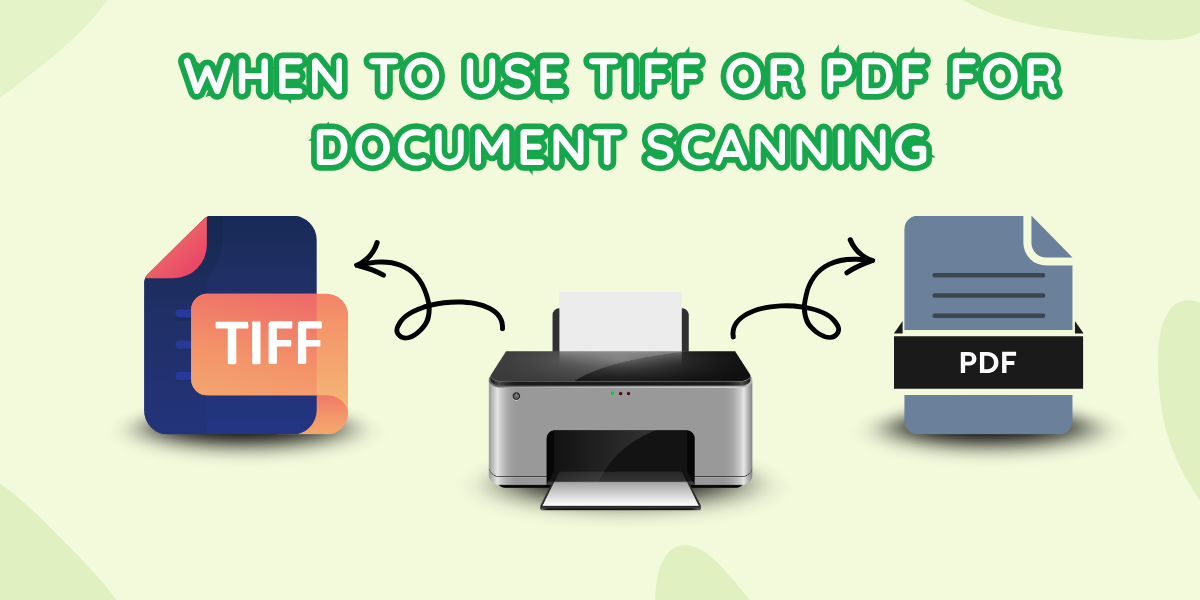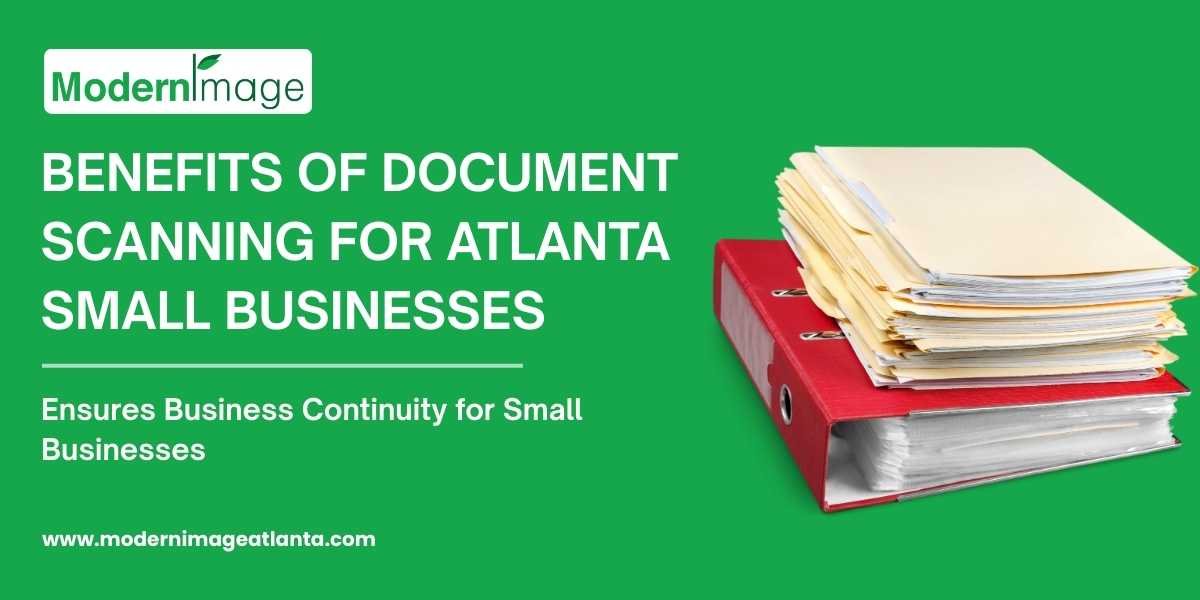In highly regulated industries like healthcare and law, compliance isn’t a simple task—it’s a daily responsibility. Whether it’s safeguarding patient data or protecting client confidentiality, organizations face strict regulations that demand accuracy, traceability, and security. Yet, many firms still depend on outdated paper-based systems that increase the risk of data breaches, misplaced files, and compliance violations.
Document digitization changes the game. By converting physical files into secure digital records, firms can improve efficiency while ensuring data management meets regulatory standards. Let’s explore five key ways digitization strengthens compliance for healthcare and legal firms.
1. Strengthened Data Security
Security is at the heart of compliance. Paper files are vulnerable to loss, theft, or unauthorized access, but digital documents can be encrypted, access-controlled, and monitored. This allows firms to maintain full control over who views or edits sensitive data.
Healthcare organizations, for example, must comply with HIPAA, while law firms must protect client privilege under confidentiality laws. Digitized records provide advanced protection against breaches by applying layered security—encryption, password protection, and secure user permissions.
Over 60% of healthcare data breaches originate from mishandled paper records, emphasizing why physical storage is no longer enough for compliance.
2. Easier and Faster Audit Preparation
Audits often cause stress and scramble, especially when records are scattered across file cabinets or storage rooms. Digitized documents eliminate this chaos by allowing instant retrieval of information.
When records are stored in a document management system, compliance teams can search using names, keywords, or dates in seconds. This makes it much easier to demonstrate adherence to policies or respond to auditor requests.
Research shows firms with digital document systems spend up to 70% less time preparing for audits, freeing staff to focus on strategic work instead of manual searches.
3. Consistent Record Retention and Secure Disposal
Every firm must adhere to record retention laws—keeping documents for a specific period, then securely disposing of them. Paper systems make this tricky, as files are easily misplaced or retained beyond their required period.
Digital document management systems solve this by automating retention schedules. Once a document reaches the end of its retention timeline, it’s flagged for review or deletion in compliance with regulations like HIPAA, GDPR, or the Sarbanes-Oxley Act.
This not only ensures compliance but also reduces clutter and storage costs while maintaining a clear digital paper trail for regulators.
4. Enhanced Traceability and Accountability
In industries where accountability is everything, being able to prove who accessed or modified a file can make or break compliance. Document digitization offers full traceability through audit trails—automated logs that track every user action.
This transparency helps firms quickly identify irregularities or unauthorized activities, reinforcing integrity in their document handling process. Legal professionals can track evidence handling, while healthcare organizations can ensure that only authorized staff access patient information.
Digitization turns compliance monitoring from a manual burden into a built-in feature of daily operations.
5. Greater Efficiency and Reduced Risk
While compliance is the primary driver for many firms, digitization also delivers measurable business value. By automating filing and retrieval, firms significantly reduce time spent searching for physical records.
Employees spend nearly 20% of their workweek looking for paper documents, a cost that compounds when multiplied across teams. Digital files, on the other hand, are accessible instantly, improving productivity and collaboration.
This operational efficiency doesn’t just save time—it reduces the risk of non-compliance by ensuring documents are always where they should be and up to date.
Building a Future-Ready Compliance Strategy
Document digitization isn’t just about going paperless—it’s about creating a secure, efficient, and compliant workflow. For healthcare and legal firms, it means reducing risk, improving responsiveness, and demonstrating a proactive approach to data management.
Modern Image helps businesses achieve this transformation through professional document scanning, indexing, and secure digital storage solutions. With a focus on compliance and data integrity, Modern Image empowers organizations to modernize their document processes while meeting regulatory demands with confidence.
As regulations continue to evolve, digitization offers a long-term solution to stay ahead of compliance challenges while unlocking new efficiencies. Firms that embrace digital transformation today position themselves for a more secure, compliant, and competitive future.



